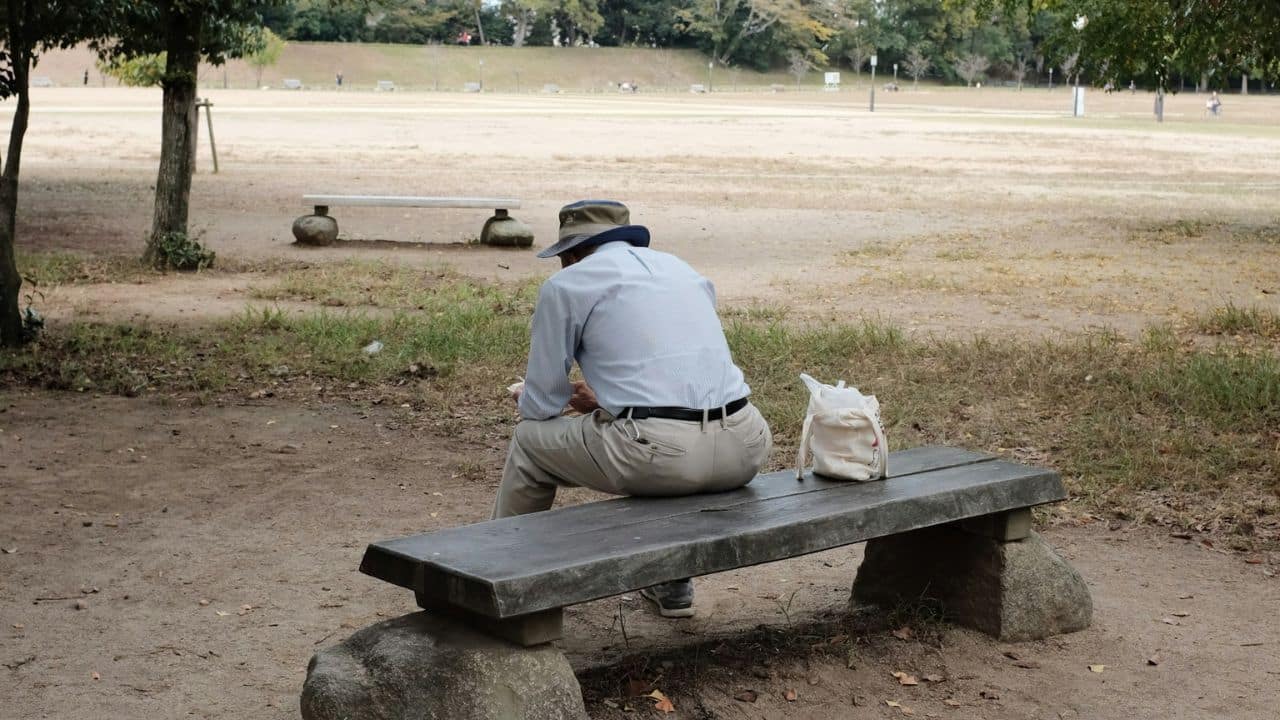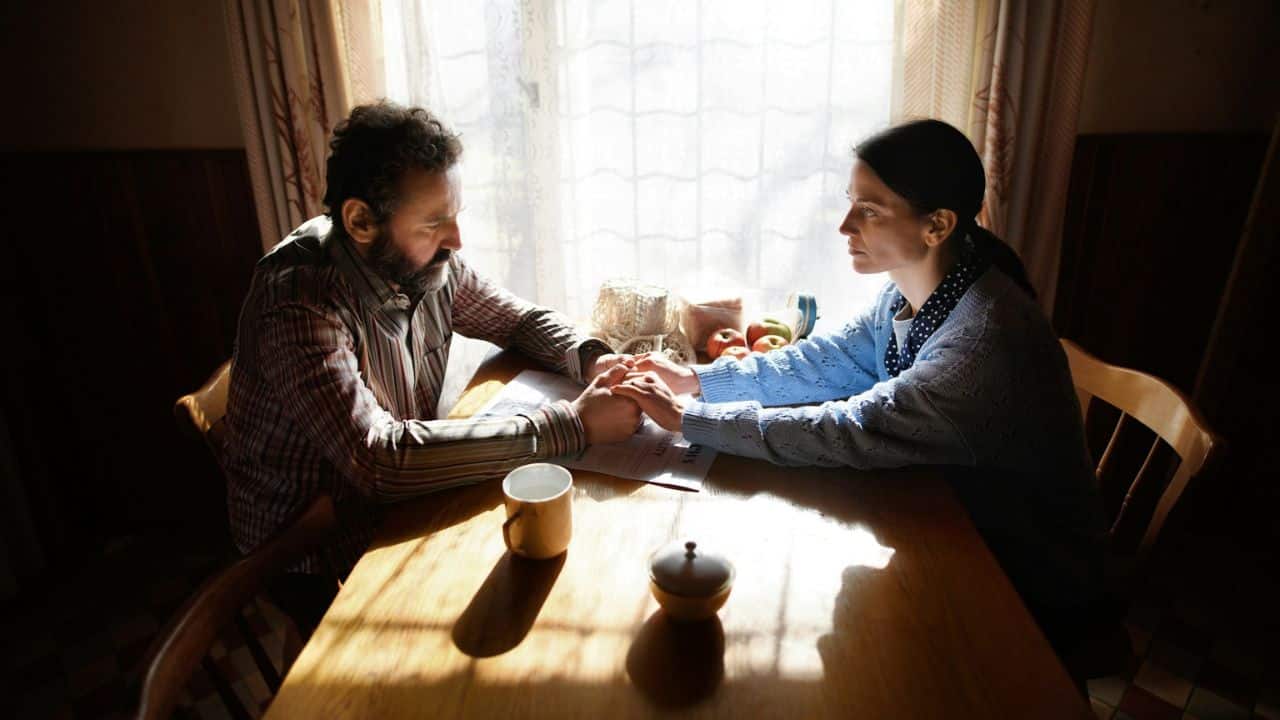
Most marriages don’t end in one big blowout; they unravel slowly, through the words that never get said. You keep the peace. You avoid the fight. You tell yourself it’s just a rough patch until one day, there’s nothing left but distance. This list isn’t about pointing fingers. It’s about the hard things men often carry quietly, and the things we wish we’d had the guts to say when it still might’ve changed something.
“I’m struggling, and I don’t know how to fix it.”

Saying this feels like failure. That’s why most men stay silent until frustration turns into detachment or outbursts. The problem is, silence gets misread as indifference. You’re hurting, overwhelmed, maybe burnt out, but instead of speaking up, you power through until the whole relationship feels like a burden. Being honest about your internal mess doesn’t make you weak. It makes you reachable.
“I don’t feel seen anymore.”

You show up. You provide. You try to be steady. But somewhere along the way, it started to feel like you disappeared in your own home. It’s not about needing a spotlight—it’s about not wanting to feel invisible. Men rarely say this out loud because it sounds like whining, but staying silent just makes the disconnect grow wider.
“I need more than just sex—I need connection.”

A lot of guys aren’t even sure how to say this without sounding needy. But intimacy without emotional connection starts to feel like a transaction. You want to feel chosen, not just used. The bond gets thin when all the real conversations vanish and the bedroom is the only place you’re trying to fix things. Saying this could’ve opened doors instead of closing them.
“I’m scared I’m failing as a husband.”

This thought hits in quiet moments when you’re lying awake, wondering where things went off track. But most men shove it down, afraid it’ll come across as weakness or trigger another argument. The truth is, this fear doesn’t go away; it festers. Saying it out loud could’ve started a conversation that mattered instead of pretending everything was fine.
“We never laugh together anymore, and I miss that.”

This one sneaks up slowly. You start as best friends, partners in crime, and then one day, the inside jokes disappear. Everything becomes about logistics; bills, schedules, responsibilities. But when the laughter goes, so does the lightness. Saying you miss it isn’t childish. It’s honest.
“I feel like I can’t win with you.”

Every comment starts to feel like criticism. Even the good days end with something being wrong. So you stop speaking up, stop trying, because it feels safer to keep the peace than to get shut down. This kind of silence builds distance fast. Naming this pattern might have stopped it from becoming the new normal.
“I need time to myself, not away from you—just for me.”

There’s a difference between needing space and needing distance, but most men don’t know how to say that clearly. So they shut down, stay late at work, bury themselves in a screen. The truth is, men need solitude to reset. But it only works if your partner understands it’s not about pushing her away; it’s about keeping yourself grounded.
“I feel like everything I do is wrong.”

You start questioning every move. You second-guess your tone, your timing, your choices. It’s like walking through your own house on eggshells. Most men don’t talk about this because it feels petty or dramatic. But feeling like you’re constantly failing kills the desire to try at all.
“We haven’t touched—not really touched—in months.”

Not sex. Just touch. A hand on the back, a kiss that lingers, sitting close on the couch. When those little things disappear, something bigger starts dying too. Most men miss it but don’t know how to ask for it without sounding needy or desperate. So they stay quiet. And it hurts more than they admit.
“I want us to be a team again.”

Remember when it felt like you were on the same side? Like, even the tough stuff had someone to tackle it with? That feeling gets lost when everything turns into a scorecard of who’s doing more, or who’s not doing enough. Teams don’t keep score. They fight for each other. But if you don’t speak up when that dynamic fades, it won’t come back on its own.
“I feel more like a roommate than a husband.”

This one creeps in slow. The connection shifts from emotional to practical; you handle logistics, not love. Nights become separate screens in separate rooms. There’s no war, but there’s no warmth either. Saying this could’ve been the wake-up call before the silence turned permanent.
“I’m not okay—and I don’t know how to talk about it.”

Somewhere along the line, you stopped talking about how you feel, maybe because you were never taught how. So instead of sharing what’s wrong, you tough it out, thinking it’ll pass. But the problem doesn’t pass; it compounds. This one sentence could’ve been the beginning of healing, if said early enough.
“I need you to tell me you’re proud of me sometimes.”

You don’t need a standing ovation. But you need to know your effort means something. That someone sees what you carry and still thinks you’re doing a good job. Most men won’t ask for this. But they ache when it’s missing.
“I’ve been thinking about leaving, and it scares the hell out of me.”

By the time you admit this, you’re already halfway out the door. But saying it earlier, when it first crossed your mind, might have been the one thing that opened up a real conversation. Not a threat. Just a cry for help. Most men wait too long to say it, and by then, the damage is already deep.
“I hate that we fight in front of the kids.”

You tell yourself they’re resilient. That they don’t notice. But you see it in their faces, and it guts you. Most dads carry this guilt in silence, thinking there’s no way out. Saying it out loud could’ve been a turning point, not just for your marriage, but for your kids too.
“I wish you would fight for us, not just with me.”

Every disagreement starts to feel one-sided. Like you’re defending the relationship, while she’s just defending her side of the argument. At some point, you stop trying, because it feels like no one’s in your corner. But saying this might have made her see what was really happening, before you both ran out of energy.
“We need help, and there’s no shame in that.”

You didn’t want to go to therapy. You thought it meant you’d failed. But what it really means is that you’re trying. Most men wait until the divorce papers are on the table before considering help. Speaking up sooner could’ve been the lifeline.
“I’m afraid I’m not the man you fell in love with.”

That version of you, confident, funny, fully present, feels like a memory. You’ve changed. Life hit hard. And somewhere in that storm, you lost sight of the man she chose. Saying this could’ve cracked open the silence and made room for growth, not shame.
“I love you, but I don’t feel close to you anymore.”

This is the quiet truth behind so many failed marriages. Love doesn’t just vanish, but closeness does. And when you feel alone in the same house, it’s a slow unraveling. Saying this might hurt. But not saying it means it only gets worse, until there’s nothing left to save.






Ask Me Anything